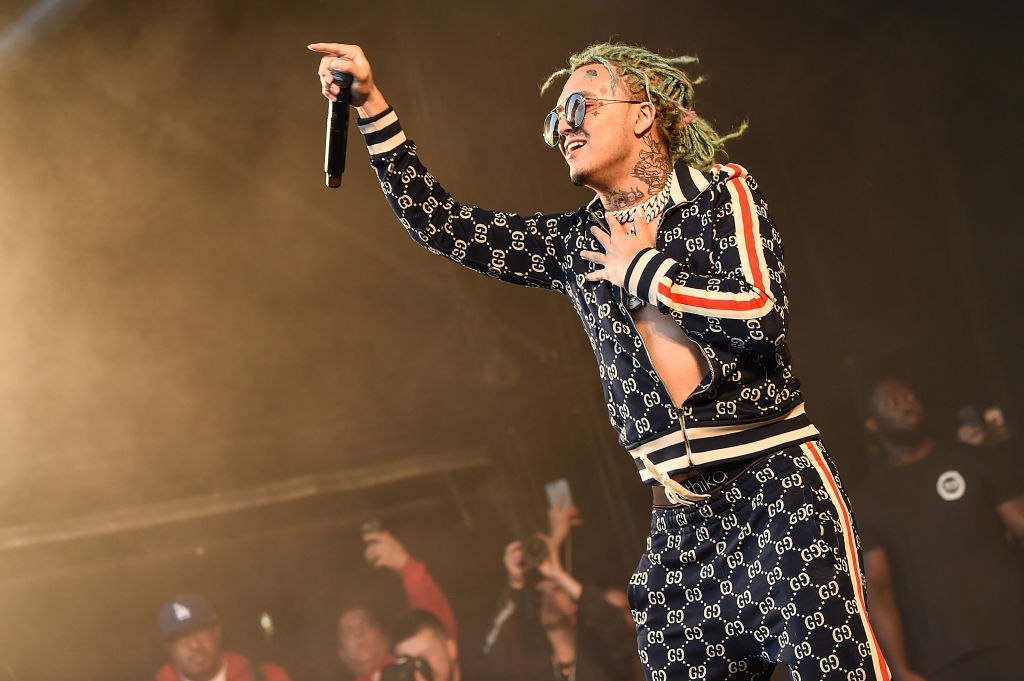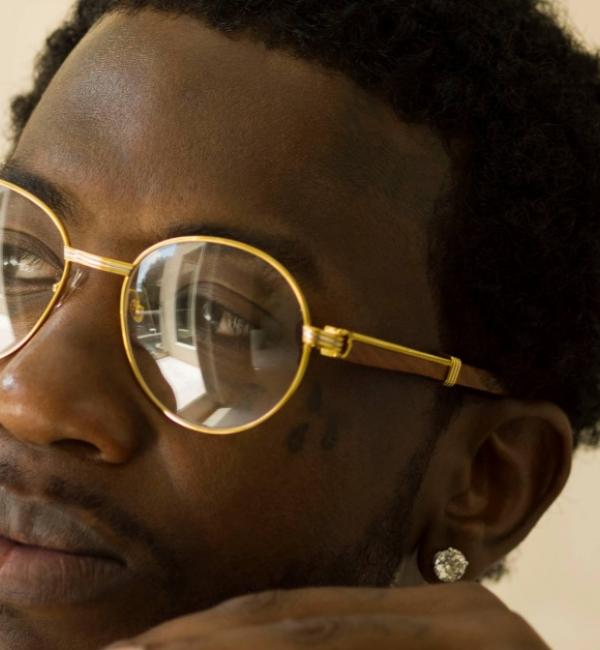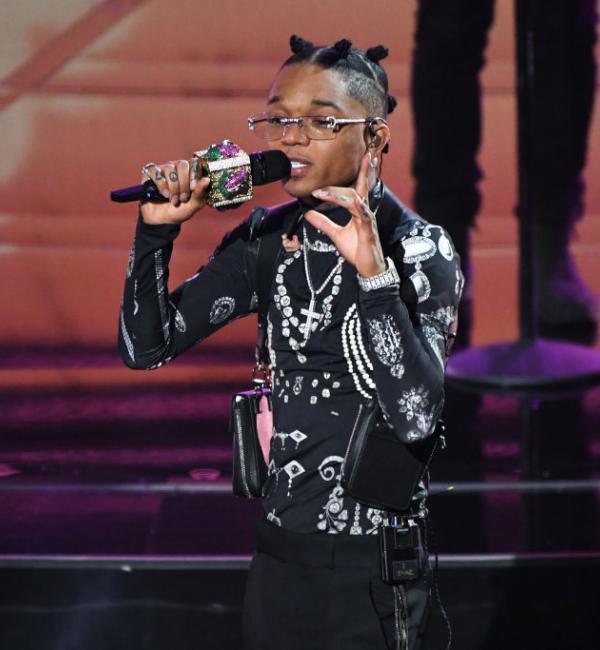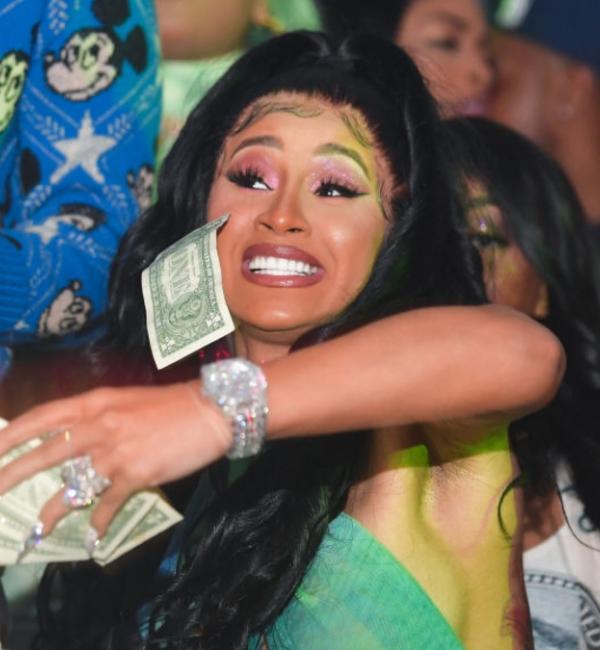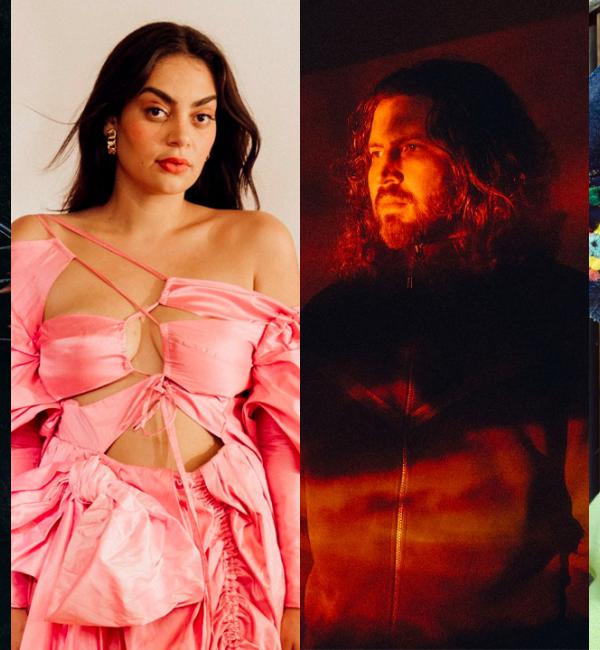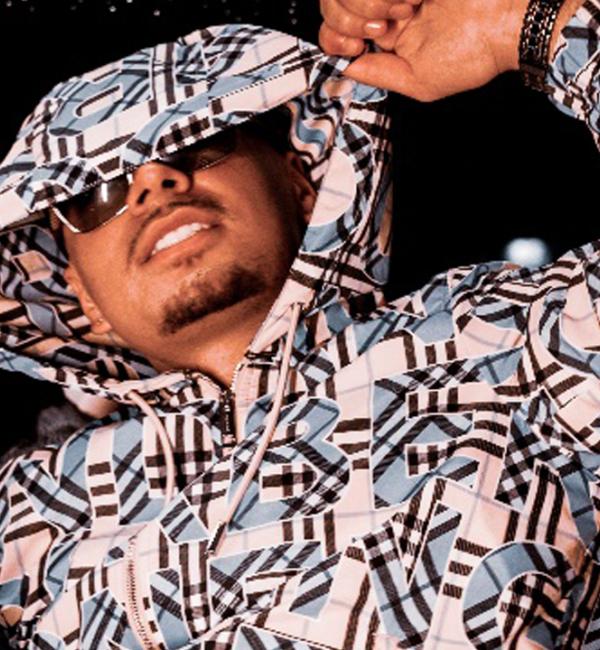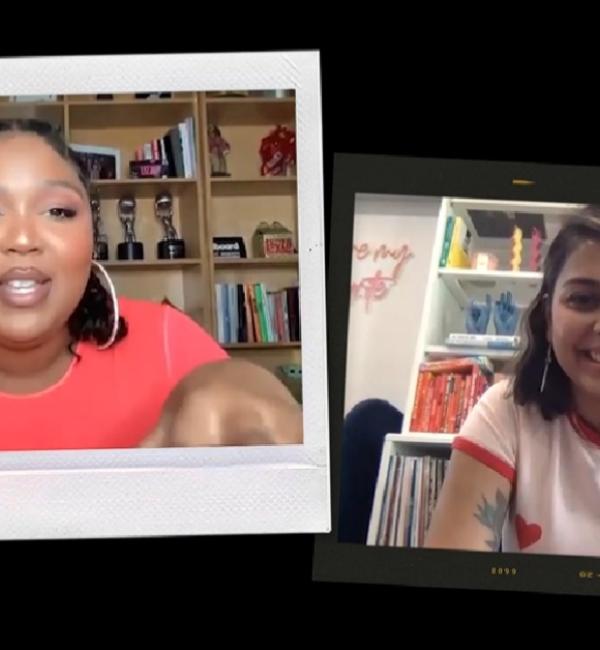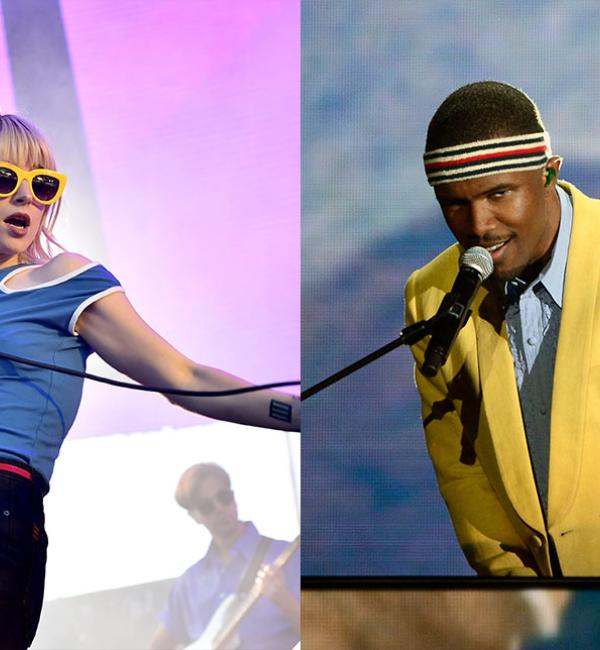
It was just three months ago that Gucci released its controversial balaclava sweater. The $890 women’s dual function turtleneck, featured large red cartoonish lips, mimicking minstrel-era blackface. It was seethingly obvious to everyone but the label themselves. "Gucci deeply apologizes for the offense caused by the wool balaclava,” they wrote on Twitter following the online furore. “We are fully committed to increasing diversity throughout our organization and turning this incident into a powerful learning moment."
Chances are if you’ve taken a cursory glance at hip-hop in the last five years, you’ve noticed Gucci as an active participant of the culture. From Chamillionaire’s 2009 joint, Gucci & Fendi and Kreayshawn’s viral summer hit, Gucci Gucci, to Future lyrical admission, "I just fucked your bitch in some Gucci flip-flops”, Gucci is one of hip-hop’s greatest obsessions.
The Italian luxury brand is not only a status symbol but an indefatigable presence. Whether it’s draped on rappers' bodies in music videos and red carpets or dominating entire hooks of a song, Gucci’s emblematic and very literal bearings on the genre can be traced back to the '80s. Yet the brand’s recent controversies have left this once idiosyncratic bond in disarray. Hip-hop’s evolution over the last two decades has seen the once rebellious sound of the East Coast outrank rock music to become the most popular genre for the first time in history. 20 years ago, hip-hop benefited from Gucci’s recognition, but the power dynamic has since changed. The balaclava sweater has brought the brand’s other indiscretions into sharp focus, leading heavy-hitters like Spike Lee, T.I., Wacka Flocka Flame and Soulja Boy to boycott the brand entirely.
Founded by Guccio Gucci in Florence, Tuscany in 1921, Gucci initially specialised in leather goods. It wasn’t until the seminal touch of Dapper Dan in the '80s, that the brand was transformed into the cultural treasure it is today. Born Daniel Day, the Harlem designer operated his prolific store, Dapper Dan's Boutique. Opening in 1982, Dan interpolated streetwear with high fashion, cutting and splicing logos from Versace, Louis Vuitton and Fendi onto leather jackets and suits.

Intrinsic to tailoring luxury brands like Gucci as well as to clients like Jay-Z, Salt-N-Pepa and his earliest clients, Eric B and Rakim, Dan paved the way for hip-hop’s relationship with luxury fashion. Customising track jackets with Gucci’s monogram for Eric B and Rakim for their debut record Paid In Full, Dan created one of the most significant album covers in the genre’s history. This elevation of B-boy style was then, just a burgeoning concept. In 2017, Gucci was accused of plagiarising the Harlem designer’s aesthetic, leading to a penance-inspired partnership with Dan, opening his new boutique.
Dapper Dan’s story, is a vignette of hip-hop’s history with the Italian design house. Gucci has benefited from black creativity and style, especially through the lens of hip-hop. As one of the most referenced brands in the game, it’s any wonder why the respect isn’t reciprocated.
Last year, during Nicki Minaj’s residency at Apple Music with Queen Radio, Swae Lee called in to discuss his relationship with the label. “I've been wearing Gucci for three years... I've probably spent over 200 racks and I know all the rappers have and they don't even acknowledge it, they don't show no kind of love to the rappers,” he told a bemused Minaj. “We're boosting their value through the roof, but Gucci won't even send you a pair of socks, they won't even give you a discount.” While Minaj admitted she probably does receive a discount, Swae Lee remained adamant that Gucci benefits from the culture but doesn’t give back.
2017 songs like Lil Pump’s Gucci Gang mentions the designer a total of 53 times in the song — 26 times in the chorus alone. The rich history of hip-hop’s relationship with the brand extends way further back in time though. “What’s good?” became “What’s Gucci” thanks to Kanye West, Radric Delantic Davis became Gucci Mane in 2001 and Soulja Boy currently holds the title for most mentions of the designer by any one artist. In 1987, on Underarms Grandmaster Flash surmised, “Well you got a hot date and you want to be fly/Throw on a Gucci blazer and a Gucci tie.”

Fashion writer Calum Gordon suggests that Gucci’s prevalence in hip-hop comes down to its linguistic simplicity: “its two syllables [slot] into bars more easily than other labels with clunkier names.” There’s merit to that theory and when coupled with the opulence of the brand, Gucci sidles comfortably in with the braggadocio and exhibitionism typical of the genre. The green and red stripes are as much about flaunting wealth and success as they are a signal of an artist’s arrival into the zeitgeist. Both hip-hop and Gucci share a penchant for bold and lascivious textures, but the absence of mutual respect has become an increasingly trying problem for some rappers.
A co-sign from the hip-hop community carries its own weight in cultural cachet. For the longest time, Gucci has profited at the hands of grassroots tailors, rappers and artists, but their recent racism and clear lack of diversity - or understanding of it - has tainted their prestige. T.I. started a divisive call to action against Gucci. Lil Pump said he’d continue to perform Gucci Gang but would no longer support the label. Spike Lee refuses to wear Gucci until they hire black designers, while Future dismissed the boycott altogether.
Owning, referencing and wearing Gucci are all entangled in the web of hip-hop. For the longest time, black artists have acquiesced to brands; their desires, requirements and contractual needs. It’s high time Gucci paid some of that back.

